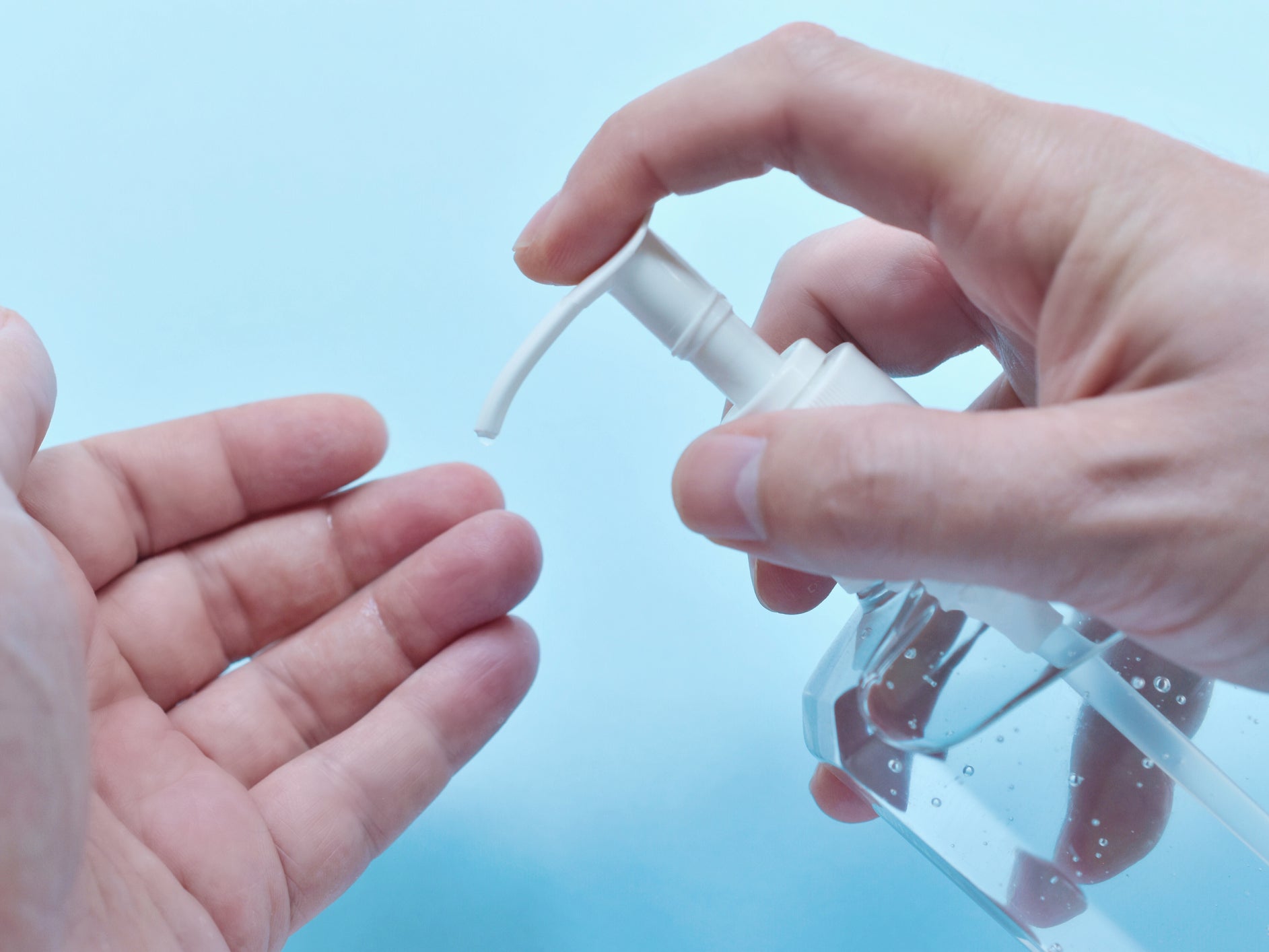20 pledges for 2020: Hand sanitisers are flying off the shelf amid coronavirus - but are there greener alternatives?

Your support helps us to tell the story
From reproductive rights to climate change to Big Tech, The Independent is on the ground when the story is developing. Whether it's investigating the financials of Elon Musk's pro-Trump PAC or producing our latest documentary, 'The A Word', which shines a light on the American women fighting for reproductive rights, we know how important it is to parse out the facts from the messaging.
At such a critical moment in US history, we need reporters on the ground. Your donation allows us to keep sending journalists to speak to both sides of the story.
The Independent is trusted by Americans across the entire political spectrum. And unlike many other quality news outlets, we choose not to lock Americans out of our reporting and analysis with paywalls. We believe quality journalism should be available to everyone, paid for by those who can afford it.
Your support makes all the difference.With Coronavirus causing such a panic at the minute, it's no surprise that antibacterial products like hand sanitisers and soaps are flying off the shelves. I can see why hand gels are popular - they’re small, cheap and you can even get them in fun scents, colours and packaging. But antibacterial gels might not be as pretty as they first look. In the midst of a global pandemic are we profiting from convenience at the cost of the environment?
I’m not saying we shouldn’t clean our hands, in fact the World Health Organisation emphasises the importance of hand hygiene, saying that it's the most effective method of preventing the spread of harmful germs. It advises that hands should be frequently washed with soap and hot water, or hand sanitiser but only if hands are visibly clean.
I often use hand gels; they don’t take up space in my bag, they’re useful if I’m not eating lunch at home, they’re practical if there is no place to wash hands anywhere nearby or if the soap has run out.
However, there are environmental problems that come with using them. For a start, they come in small plastic bottles that contain roughly 30-50ml. On a mass scale, if everyone is using hand gels then these small plastic bottles could amount to a lot of waste, a large proportion of which will not get or be able to be recycled and will eventually end up in landfills.
Antibacterial soaps are no better. They contain the chemicals triclocarban (TCC) and triclosan (TCS), which are particularly harmful to the environment as they are washed down the sink and cannot easily degrade, contaminating our water systems. And according to the FDA, there is not even evidence proving that these antibacterial soaps are more effective than plain soap.
So this week I began searching for alternatives. I swapped the plastic bottle of antibacterial liquid soap in our bathroom for a plain bar of soap that came in paper wrapping (although like many other items in my uni house this has now mysteriously disappeared).
Bars of soap are cheap to buy, last longer than liquid soaps and are also relatively easy to make yourself if you have the right ingredients. Unfortunately, summative assessment season did not allow the time to make my own soap this week but it’s something I plan on doing over Easter.
I've been trying to limit my consumption of hand sanitiser, only using it when absolutely necessary and if there is no possible way of washing my hands with soap and water.
The traditional old method of soap and water is not always practical on the go or in public though and hunting for sustainable hand gel alternatives was a bit trickier. I looked into making my own hand sanitisers however a lot of the online advice warned against this due to the complex method and ingredients.
I had better luck exploring the high street, where I found several organic and natural options and even more online. These are only slightly more expensive than regular ones and are much better for your skin too. When I bought one I made sure it was a reusable bottle so that when it runs out I can refill it from a larger container.
Join our commenting forum
Join thought-provoking conversations, follow other Independent readers and see their replies
Comments